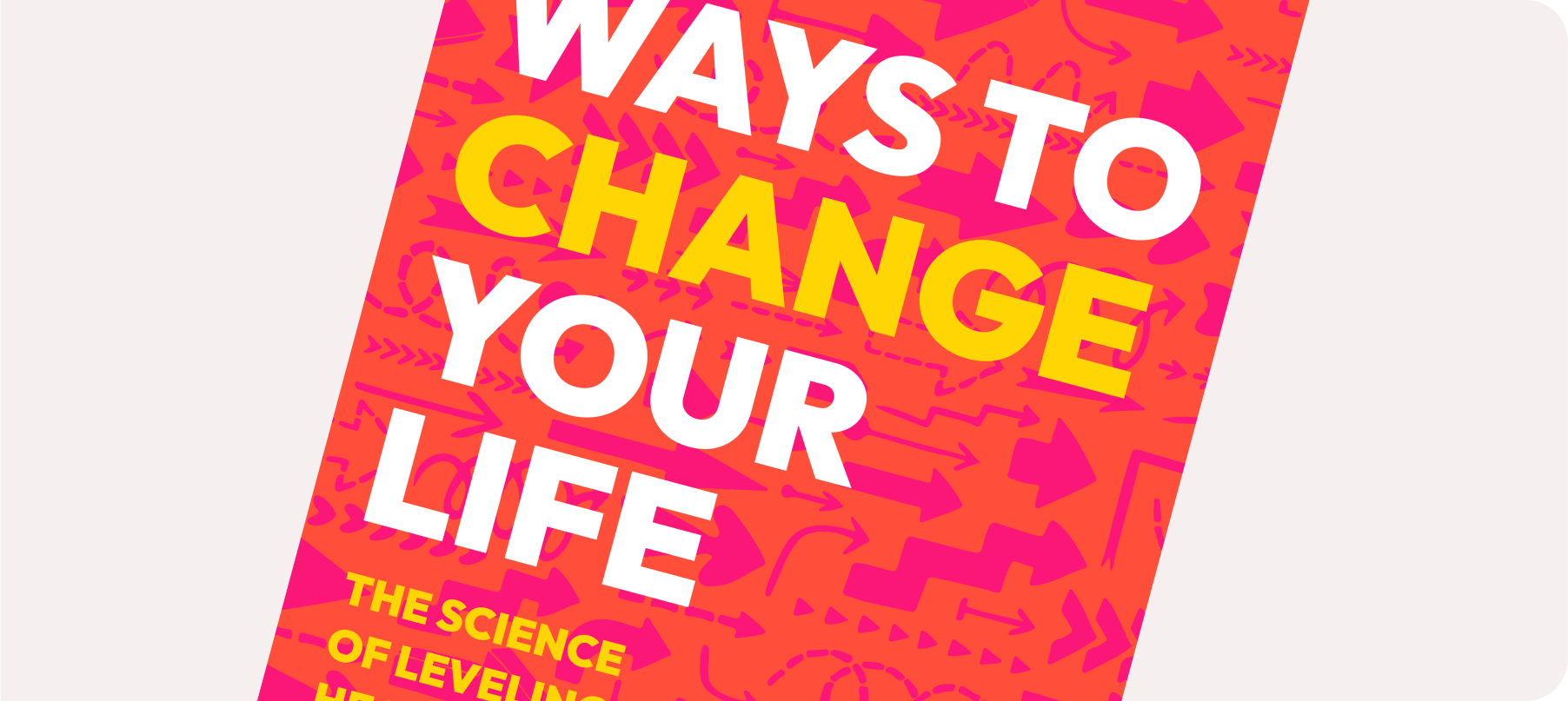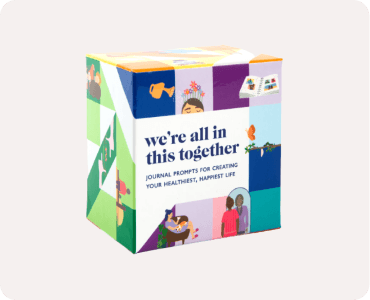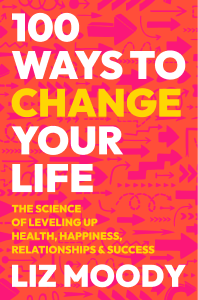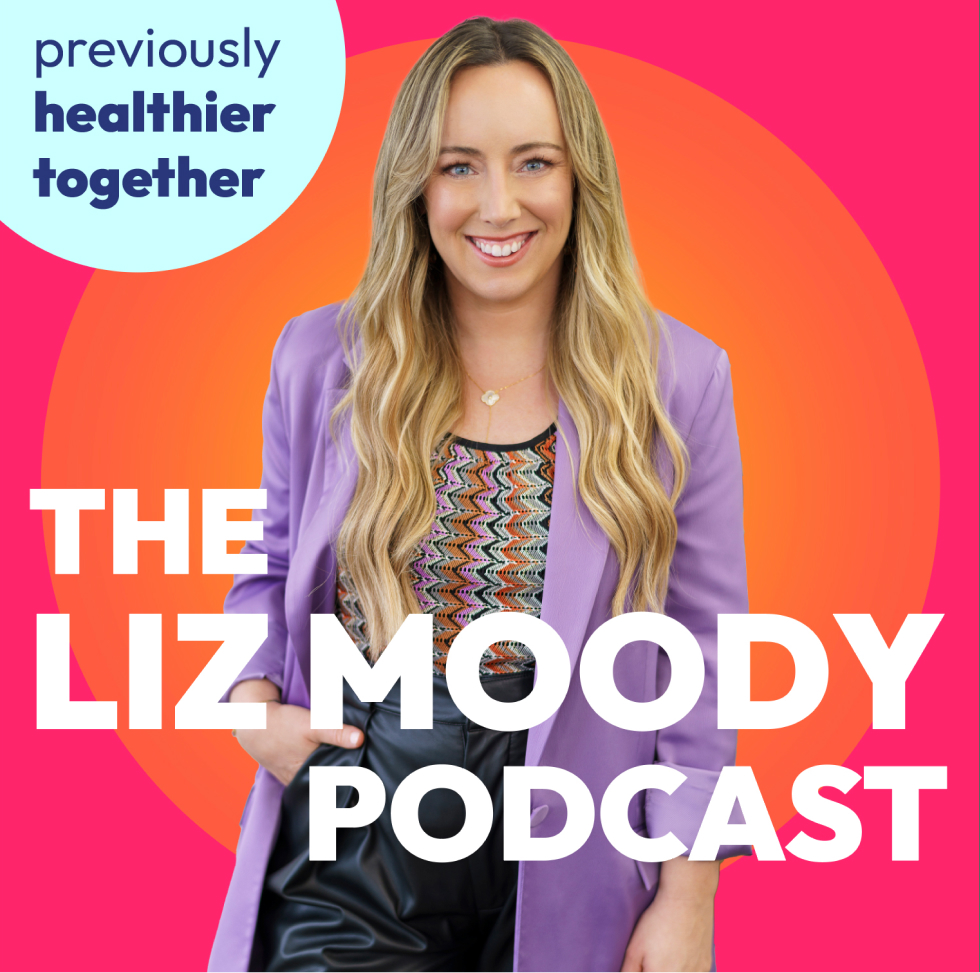Leading psychologist and emotions researcher Dr. Dacher Keltner dives into his 15-year long research on awe to explain how to cultivate happiness with simple daily practices.
Could awe be the secret to happiness? In this conversation, Liz Moody discusses new research on the benefits of awe with Dr. Dacher Keltner. Learn about the benefits of awe and how to incorporate it into your life.
Dr. Keltner is a psychology professor at Berkeley and was a lead consultant developing the emotions in the movies Inside Out and Inside Out 2.An extremely prolific writer, Keltner has written over 200 scientific papers and six books, the most recent being Awe: The New Science of Everyday Wonder and How It Can Transform Your Life. His research shows that building awe into your daily life can have wide-reaching mental health benefits.
- 00:00 Introduction
- 2:43 Why Awe?
- 7:32 What is Awe?
- 11:32 Everyday Awe
- 20:30 How To Seek Out Awe
- 25:02 Religion and Awe
- 30:42 Awe Prescription: Nature, Music, Connection, & More
- 43:03 Life Cycles, Death, and Awe
- 52:47 The Human Connection Diet
For more from Dacher, you can find him at www.dacherkeltner.com. Read his newest book, Awe: The New Science of Everyday Wonder and How It Can Transform Your Life or listen to his podcast, The Science of Happiness.
Ready to uplevel every part of your life? Order Liz’s new book 100 Ways to Change Your Life: The Science of Leveling Up Health, Happiness, Relationships & Success now!
To join The Liz Moody Podcast Club Facebook group, go to www.facebook.com/groups/thelizmoodypodcast.
Connect with Liz on Instagram @lizmoody, or subscribe to her newsletter by visiting www.lizmoody.com.
If you like this episode, check out The Secret To Happiness, From The World’s Longest Study With Dr. Robert Waldinger.
This episode is sponsored by:
AG1: visit drinkag1.com/lizmoody and get your FREE year supply of Vitamin D and 5 free travel packs today.
ZocDoc: go to ZocDoc.com/LizMoody and download the Zocdoc app for FREE and book a top-rated doctor today.
The Liz Moody Podcast cover art by Zack. The Liz Moody Podcast music by Alex Ruimy.
Formerly the Healthier Together Podcast.
This podcast and website represents the opinions of Liz Moody and her guests to the show. The content here should not be taken as medical advice. The content here is for information purposes only, and because each person is so unique, please consult your healthcare professional for any medical questions.
The Liz Moody Podcast Episode 276.







